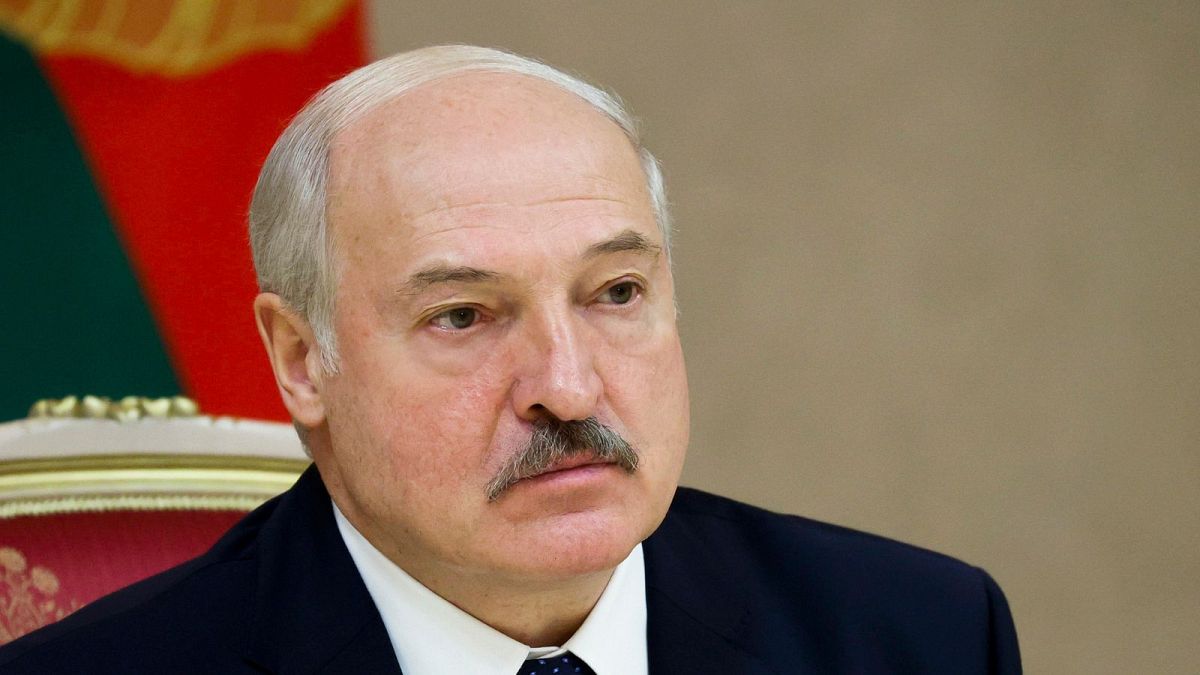The Belarusian president and other officials are facing accusations of crimes against humanity, including the mass forced deportations of refugees. This has led to Lithuania’s decision to seek the prosecution of President Alexander Lukashenko and other senior officials at the International Criminal Court (ICC). The allegations include not only the forced deportations of refugees but also the persecution of political opponents and their detention in inhumane conditions. Sviatlana Tsikhanouskaya, the exiled opposition leader, praised Lithuania’s move and emphasized the importance of international support in holding these officials accountable.
Tsikhanouskaya, who was forced into exile in Lithuania after the contested 2020 presidential election in Belarus, highlighted the need for allies and international institutions to support the fight for justice. She expressed gratitude for the ICC’s decision to open a preliminary probe into the claims, stating that it would serve as a boost for Belarusian civil society. Despite Belarus not being a member state of the ICC, Lithuania argues that officials can still be prosecuted because some of the alleged crimes took place in their territory. This means that if an international arrest warrant is issued, Lukashenko or his officials could be arrested in any state under the court’s jurisdiction.
The crackdown on opposition groups and government critics in Belarus intensified after the disputed election results in 2020, which gave Lukashenko a sixth term in office. The widespread protests that followed led to a wave of repressive measures and forced many Belarusian citizens to flee the country. Tsikhanouskaya estimates that approximately 300,000 citizens have left Belarus in the past four years. The accusations of crimes against humanity and the move to seek prosecution at the ICC represent a significant step towards accountability for the actions of Belarusian officials.
The decision to refer the case to the ICC is a significant development in the fight against human rights abuses in Belarus. It signals a recognition of the need to hold those responsible for crimes against humanity to account, regardless of their position or power. By seeking justice through international mechanisms like the ICC, the victims of these abuses can hope for closure and accountability. The involvement of Lithuania in pursuing this case further strengthens the international community’s commitment to upholding human rights and condemning atrocities committed by state officials.
The allegations against Belarusian officials highlight the importance of international cooperation in addressing human rights violations. By working together through institutions like the ICC, countries can send a strong message that such abuses will not be tolerated. The referral of the case to the ICC also underscores the power of global accountability mechanisms in holding even the highest-ranking officials accountable for their actions. This move sets a precedent for future cases of human rights abuses, emphasizing the need for collective action to ensure justice and protection for victims of such violations.
In conclusion, the decision to seek prosecution of Belarusian officials at the ICC represents a significant step towards accountability for crimes against humanity. The move by Lithuania to refer the case highlights the importance of international support in addressing human rights abuses and holding those responsible to account. By pursuing justice through global mechanisms like the ICC, the victims of these abuses can find hope for redress and closure. The international community must continue to stand together in condemning atrocities and upholding human rights standards, sending a clear message that such violations will not go unpunished.











